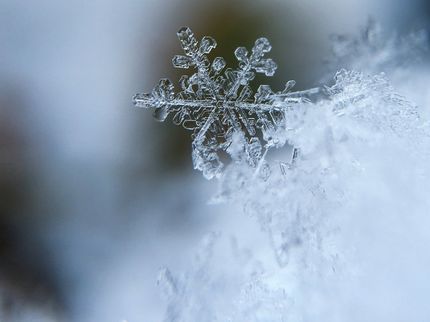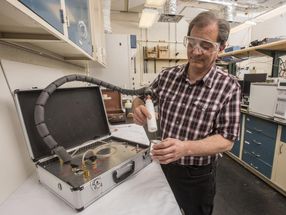Scientists make Antarctic fish antifreeze protein in the lab
A team of scientists from New Zealand and the United States has chemically synthesised an antifreeze protein which helps inhibit ice crystal growth in Antarctic fish.
Biological antifreezes are attractive for use in chilled foods because traditional antifreezes, such as ethylene glycol, are unsuitable for human consumption. Antifreeze proteins are a non-toxic alternative and are currently added to some brands of ice cream to improve texture by controlling the growth of ice crystals.
Antifreeze potentiating protein (AFPP) was recently identified in Antarctic fish but is difficult to isolate and purify in sufficient quantities. The scientists devised a convergent chemical strategy to prepare the 132 amino acid protein, using a solubilising tag to improve handling and purification of the peptide intermediates because AFPP is poorly soluble in aqueous solution and prone to aggregation. The synthesised AFPP was found to enhance the antifreeze effects of known antifreeze glycoproteins, likely by binding to a different ice crystal plane.
Original publication
Topics
Organizations
Other news from the department science

Get the life science industry in your inbox
From now on, don't miss a thing: Our newsletter for biotechnology, pharma and life sciences brings you up to date every Tuesday and Thursday. The latest industry news, product highlights and innovations - compact and easy to understand in your inbox. Researched by us so you don't have to.




















































